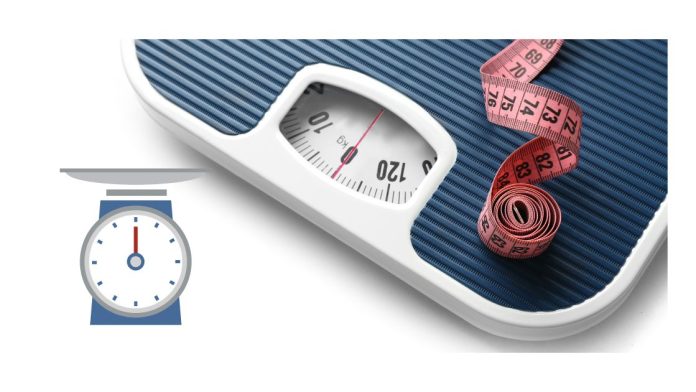When it comes to weight measurements, kilograms (kg) and pounds (lbs) are two of the most commonly used units. Kilograms are primarily used in most countries around the world, including Europe, Asia, and Africa, while pounds are used in the United States and a few other countries. If you are looking to convert a weight from kilograms to pounds, it’s important to know the correct formula to do so.
In this article, we will specifically focus on converting 63 kilograms to pounds, and we’ll break down the conversion process for you in detail.
Understanding the Conversion Formula
To convert kilograms to pounds, you need to multiply the number of kilograms by the conversion factor. The conversion factor between kilograms and pounds is approximately:
1 kilogram (kg) = 2.20462 pounds (lbs)
Therefore, to convert any weight in kilograms to pounds, you use the following equation:
Weight in pounds (lbs)=Weight in kilograms (kg)×2.20462{Weight in pounds (lbs)} = \text {Weight in kilograms (kg)} × 2.20462
Step-by-Step Conversion of 63 Kilograms to Pounds
Let’s now apply this formula to convert 63 kg into pounds:
- Start with the given weight in kilograms:
63 kg63 {kg} - Multiply by the conversion factor:
63 kg×2.20462=138.89106 lbs63 {kg} \times 2.20462 = 138.89106 , {lbs}
- Result:
So, 63 kilograms is equal to approximately 138.89 pounds.
Explanation of the Result
- 63 kg is a common weight, often used to describe the body weight of many adults in countries using the metric system. After applying the conversion formula, we find that the weight in pounds is 138.89 lbs.
- The result is rounded to two decimal places, which is typically sufficient for most everyday uses, such as weight tracking, fitness, and medical assessments.
Practical Applications of Weight Conversion
Knowing how to convert kilograms to pounds is important in many different fields, such as:
- Fitness: If you’re tracking your workout progress or following a fitness program in a country that uses pounds, you may need to convert your body weight between kilograms and pounds.
- Health: Medical professionals might use either kilograms or pounds to assess a person’s weight and health metrics. Being able to convert between these units can help you understand your weight in different measurement systems.
- Travel: If you’re traveling between countries, especially between those that use the metric system (kilograms) and those that use the imperial system (pounds), knowing how to convert weight can be helpful for luggage or personal health.
Conversion Chart for Kilograms to Pounds
To further help with conversions, here’s a small chart that shows the equivalent of some common kilogram values in pounds:
| Kilograms (kg) | Pounds (lbs) |
| 1 kg | 2.20462 lbs |
| 10 kg | 22.0462 lbs |
| 20 kg | 44.0924 lbs |
| 50 kg | 110.231 lbs |
| 63 kg | 138.89 lbs |
| 100 kg | 220.462 lbs |
| 150 kg | 330.693 lbs |
Conclusion
Converting between kilograms and pounds is a simple process once you know the correct conversion factor. For example, 63 kilograms is equal to approximately 138.89 pounds. This basic knowledge can be useful in a wide range of situations, whether you are tracking your personal weight, working in a medical field, or just traveling between different countries.
Understanding these conversions makes it easier to navigate between the metric system and the imperial system with ease!



